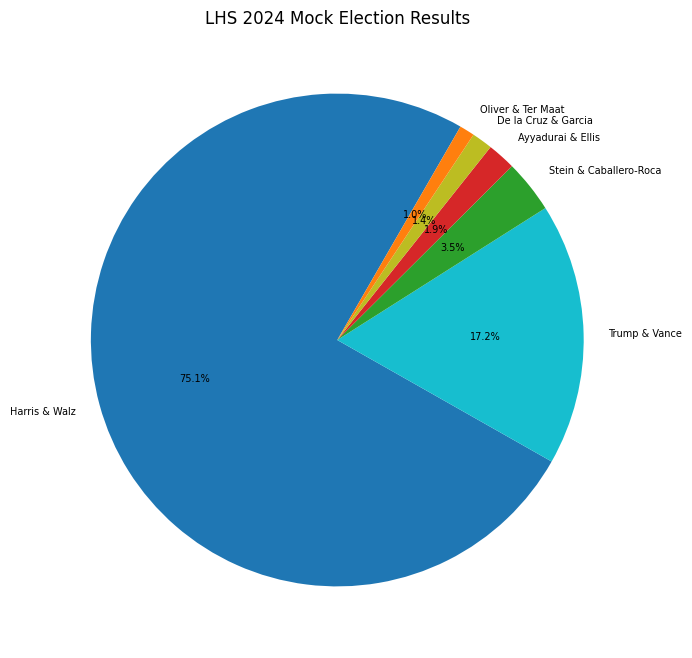Four years ago, Lexington High School students and staff members recognized a sore need for a course exploring Black narratives. Strong advocacy by both students and teachers led to the creation of the Introduction to Black Literature class, a unique senior English elective dedicated to recognizing, exploring, and appreciating Black voices.
The course aims to better serve the interests of LHS’s diverse student body while sharing underrepresented perspectives in literature.
“In the country, we’re at a place now where there is a need for us to identify and appreciate authors of diverse backgrounds. We’ve been doing it kind of broadly, but when we have an opportunity to do a deep dive, we want to latch on to that,” Jane Day, the LHS English Department Head, said.
Since the course’s inception, the curriculum has become robust and extensive. Teachers put effort into incorporating a variety of literary genres to fully expose students to the great diversity of Black literature.
“We have oral storytelling traditions, we have poetry, we have essays, we have novels, we do movies, and film, we do plays, we do graphic novels—so we really run the gamut. And we’re doing genres from horror to comedy to speculative fiction,” Caroline Fantasia, a teacher of the Intro to Black Lit course, said.
Teachers seek to recognize the ever-changing context of Black narratives in America when selecting class materials. The course is designed to be highly adaptive to current events, and teachers are given the freedom to select pertinent pieces to study in class.
“The ability of the teachers to find just the right texts, whether it’s an album or a piece of art, really allows the course to be as much of a historical review of the origins as a view of contemporary art and literature,” Day said. “It’s a course that really lends itself to that kind of collaborative process between teachers and students. In that way, it’s really dynamic.”
The English department is constantly reassessing the state of the course, and teachers are keenly aware of the course’s impact on the school community. For example, The course was originally introduced as “African American Literature,” however, following review from the department, this year it was retitled “Introduction to Black Literature.”
“I wanted to speak to the diaspora and wanted to acknowledge that many of the writers we would be studying would not have called themselves African Americans, but they would have called themselves Black Americans,” Fantasia said. “Some of our authors aren’t even American.”
The department also added the word “Introduction” to the course’s title to reinforce the idea that the class merely scratches the surface of Black literature.
“It’s such a vast and vibrant area of literature that I wanted to reinforce this idea that there’s so much more to be done than what I can cover in a year-long course,” Fantasia said.
As evident in the English Department’s naming rationale, the course covers a wide scope of authors, concepts, and genres. As a year-long course, it is unable to cover all the nuances of Black narratives, but still achieves its goal of amplifying diverse perspectives at LHS.
“The course breaks this idea of a monolith of the Black voice and allows you to experience all these different perspectives and different viewpoints and various needs of a variety of Black authors,” Fantasia said.



